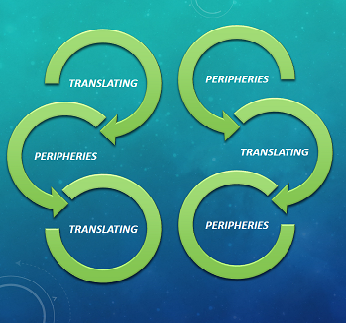Meaning in (Translated) Popular Fiction: An Analysis of Hyper-Literal Translation in Clive Barker’s Le Royaume des Devins
DOI:
https://doi.org/10.21992/T94K9SKeywords:
Domestication, Foreignization, Popular Literature, Genre, ProfanityAbstract
Most translation theorists agree that source text fidelity results in a translation that aptly transmits the foreign cultural values and meaning embedded within the source language to a target culture. While the preservation of foreignness might be beneficial for the propagation of international artistic diversity, when translating works of popular fiction, domestication is key to a novel’s successful incorporation into the target literary system. In popular fiction translation, the goal is accessibility rather than artistic influence or cultural exchange, yet the necessary domestication can be problematic. This article examines the reception of the English-to-French translation of an epic fantasy novel by Clive Barker. Online reviews written by the French-speaking readership describe the translated text as aberrant of Barker’s oeuvre and incomprehensible. While it may be easy to dismiss this translation as yet another example of poor translation practices, knowing that the translator, Jean-Daniel Brèque, is an award-winning translator and that he has translated many works by other popular artists such as Stephen King and Dan Simmons points the blame elsewhere. An analysis of Jean-Daniel Brèque’s translation of Weaveworld reveals the detrimental effect that strict adherence to the source text can have on the reception of popular literature in translation and affirms that domestication is necessary to transform the source text into a version digestible and understandable by the target audience.Downloads
Downloads
Published
Issue
Section
License
Authors who publish with this journal agree to the following terms: a.Authors retain copyright and grant the journal right of first publication with the work simultaneously licensed under a Creative Commons Attribution License that allows others to share the work with an acknowledgement of the work's authorship and initial publication in this journal. b.Authors are able to enter into separate, additional contractual arrangements for the non-exclusive distribution of the journal's published version of the work (e.g., post it to an institutional repository or publish it in a book), with an acknowledgement of its initial publication in this journal. c.Authors are permitted and encouraged to post their work online (e.g., in institutional repositories or on their website) prior to and during the submission process, as it can lead to productive exchanges, as well as earlier and greater citation of published work (See The Effect of Open Access).



